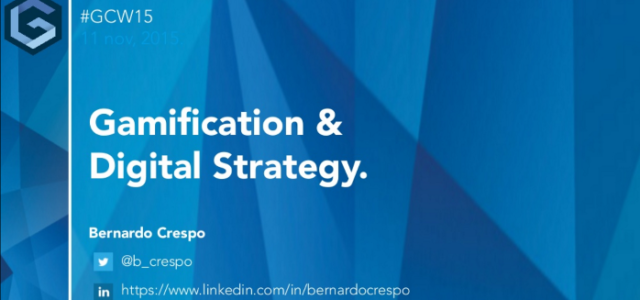It is a myth that those working at the executive level know exactly how to secure their next position. Indeed, there are several factors that mean quite the opposite can be true. For a start, many of them may not have had to look or apply for a job for some years, having worked their way up the career ladder at one organisation.
They have no idea of their net worth or standing in the market. Moreover, methods of recruitment and executive search have moved on since they were last on the market and many are clueless about how to get on a company or headhunter’s radar.
Recruitment is now an online process at every level but at the executive tier more is required than submitting an application via a website and hoping it will be good enough to secure an interview. Far more work needs to be done even before getting to that stage. Executives need to find out how valuable and relevant their skills are to other organisations. In short, they need to find out what their individual value proposition is and even the most self-aware executive cannot do this in isolation and should seek help. And if their unique selling points aren’t as compelling as they should be, they need to have an action plan to strengthen them.
This may mean investing in professional development or an intervention such as coaching for the first time in years. Anticipating what skills organisations will require in the future is also vital for anyone aspiring to be in a senior leadership position today and development may need to extend to these. While many executives may feel they are beyond the classroom, the face of leadership has changed, new markets are emerging all the time and business operating environments continue to be volatile and unpredictable. There is no shame in seeking to upgrade leadership skills no matter how experienced a person is.
Networking is hugely important to ensuring a senior executive is in the frame for a particular role when it comes along. Another myth is that everyone at executive level is a seasoned networker. Some are, but the day-to-day pressures have meant many executives have been too focused on achieving their goals at their current organisation.
Then when they do reach out to people about a new position, they can take a mercenary approach to their network which is certainly not the best way to make friends and influence people. Networks are two-way streets; they are communities and members have to give to the network as well as take. Building an effective network requires slow and steady progress but the stronger and more authentic its foundations, the more valuable it will be.
Personal brand is also paramount to career transition. While reputation is a major part of the brand, it is also made up of other elements such as whether someone is regarded as a thought leader in their field. Are rivals for that next position already on the conference circuit and posting blogs that uphold their image as subject matter experts? Values should also form part of the brand. What does an individual stand for to the outside world? And like reputation, personal brand can soon be tarnished if an individual doesn’t display the right behaviours.
Almost everyone has an online footprint today and professional networking sites such as LinkedIn mean that everyone is findable. But there is a great deal of people noise out there and headhunters and resourcing professionals need a reason to cut through it and discover you. Will they?
Article by channel:
Everything you need to know about Digital Transformation
The best articles, news and events direct to your inbox







